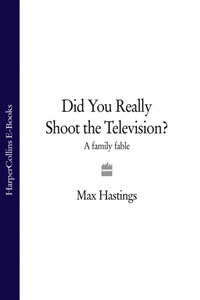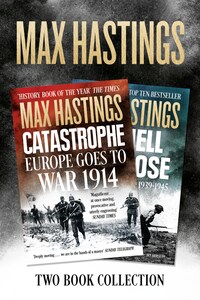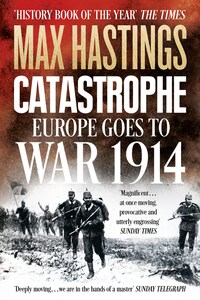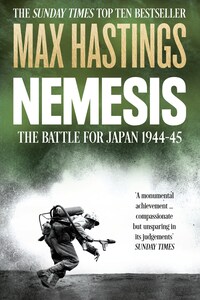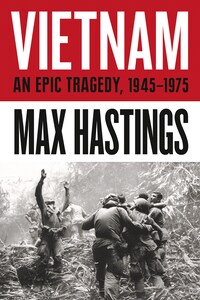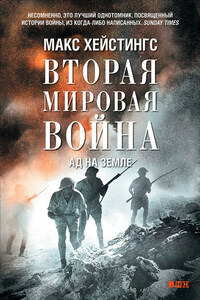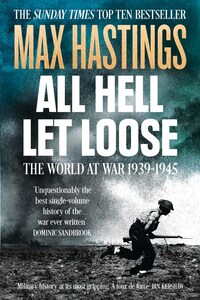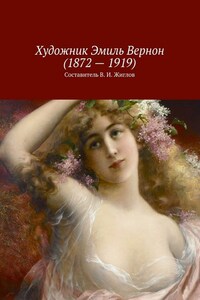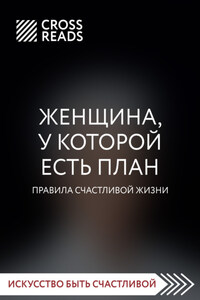I am the least significant character in the story which follows. But it was an enquiry about the fate of the TV set in the London family flat of my childhood which prompted me to embark upon it. Throughout the long life of my mother, the journalist and gardening writer Anne Scott-James, I wrote little about our tumultuous family experiences. In 1986, featured as the castaway on the BBC’s Desert Island Discs, I dodged tricky questions about parental relations. I incline to my mother’s view, that ‘All families are dysfunctional.’ However, when she enjoyed the same experience on DID in 2003 – and of course, most of us find it pleasing to talk about ourselves in such a context – at the age of ninety, she was much less inhibited. To the audience’s delight and my toe-curling embarrassment, she regaled Sue Lawley with tales of our old squabbles, and of my admittedly pretty frightful childhood behaviour. For weeks afterwards, people came up to me in filling stations and other unlikely places, demanding: ‘’Ere – did you really shoot the television?’ We shall address that question in due course, but I want to make plain immediately that it was not a big set.
The latter part of the book evokes personal memories of my parents and childhood, partial and fragmentary as all such yarns are. Until we reach the 1950s, however, I have sought to sketch some of the doings of the Hastingses and Scott-Jameses who came before me. Their experiences, journalistic and adventurous, fed my own aspirations. The tale is not founded upon delusions that our family has been important. The bylines of Macdonald Hastings and Anne Scott-James, which were modestly celebrated in the mid-twentieth-century media, are quite unknown to a younger generation, as is the way of the world. Most of us have been ‘nearly’ people. Some of the clan, indeed, barely kept their heads above water. We have spasmodically proved capable of making a little money, but never of hanging on to it. Though our collective experiences all over the world in the past century of war and peace have been varied and picaresque, other English middle-class families can boast similar excitements. What is unusual, I think, is that our lot wrote it down. Even the least materially successful were highly literate. They committed to paper what happened to them at school and at home, in fashion studios and newspaper offices, on battlefields, in the African bush, and even on a desert island.
The story is based upon published and unpublished autobiographical material assembled by its principal characters. Beyond the miscellany of family papers which I possess back to the 1850s, my grandfather Basil wrote a book entitled Memoirs of a Child; his brother, great-uncle Lewis, published an anecdotal autobiography, Dragons are Extra; Lewis’s son, cousin Stephen, likewise wrote The Drums of Memory. My father, Macdonald Hastings, published Jesuit Child and Gamebook, together with accounts of his most memorable journalistic exploits – The Search for the Little Yellow Men and After You, Robinson Crusoe. My mother wrote Sketches from a Life and In the Mink, which professed to be a novel, but was an almost undisguised memoir of her time in the fashion business. Her father, Rolfe Scott-James, published mostly literary criticism, but left a manuscript account of his relationships with some literary idols of his day. My stepfather, Osbert Lancaster, wrote a memoir of his childhood, All Done from Memory.
In addition, they produced millions of words of journalism, more than a few about themselves. Wherever possible here, I have allowed them to tell the tale in their own words. Such an approach is not a formula for objectivity. Leslie Stephen, creator of the Dictionary of National Biography, observed that ‘No good story is ever quite true.’ But this is a book designed to divert and entertain, rather than to enrich the annals of the times.
A very ordinary family’s doings attain interest when its domestic details are preserved from a century ago. There are lots of gaps – things which I have been unable to discover. For knowledge of feuds and scandals, for instance, I am dependent upon anecdotage rather than documentary evidence. Tolstoy famously observed that all happy families are alike, while every unhappy family is unhappy in its own way. That line prompts me to recall a sally of my mother’s, one day as we were lunching together, when she was a mere adolescent of eighty. ‘You still haven’t forgiven me for your childhood, have you?’ she said, with her customary abruptness. I replied that she was quite wrong about that. One should judge things by how they turn out. Most of my life has been uncommonly fulfilled. I probably inherited from her whatever talents I possess. I added, however: ‘If you try a different question – did I enjoy my childhood? – the answer is “no”. When I was three or four, I doubt that you and I would have recognised each other in an identity parade.’ Mumsy paused for a moment, brooding. Then she said: ‘Whoever did you hear of who did anything with their lives who had’ – the next bit in tones of withering scorn – ‘
